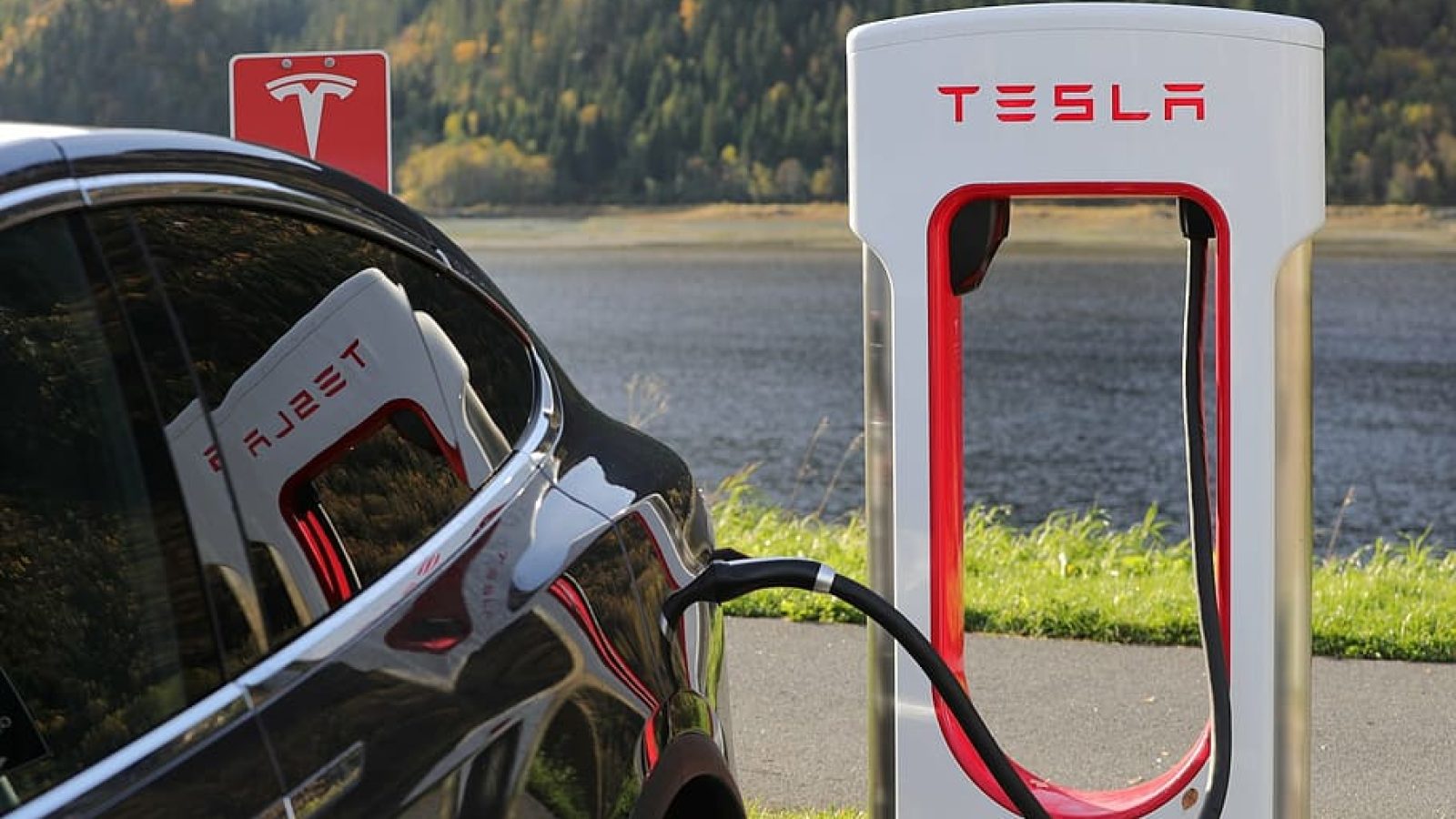The Biden Administration is reportedly slowing down its tailpipe emissions rule that would push for most cars to be electric by the 2030s.
Before, the Biden admin sought to impose these regulations this decade rather than waiting for the changes to come in the 2030s.
However, a shift in consumer demand for electric vehicles has forced the Biden administration to reconsider its strategy.
Take this story with a grain of salt, as the deal has not yet been finalized and likely won’t be until March.
Here is a clip of the initial reveal of the new rules:
Biden EPA Administrator Michael Regan announces strict new tailpipe emission rules for "light, medium, and heavy duty vehicles" because they are "some of the biggest contributors to greenhouse gas pollution." pic.twitter.com/cnprtGmf4s
— RNC Research (@RNCResearch) April 12, 2023
The folks at Fox News share more on the story:
The Biden administration is poised to soon finalize gas-powered car tailpipe emissions standards that consumer advocates and energy industry groups have dubbed a “de facto electric vehicle mandate.”
ADVERTISEMENTThe Environmental Protection Agency’s (EPA) proposed tailpipe emissions – which were in recent weeks submitted to the White House Office of Management and Budget for final review – are designed to ensure a staggering 67% of new car sales are electric by 2032. Over the weekend, the New York Times and Washington Post reported the White House is set to double down on that lofty goal while loosening earlier targets.
“The President has been clear since 2020 that he intends to use his agencies to eliminate sales of new gas cars,” the American Fuel & Petrochemical Manufacturers said in a statement following the media reports. “Tinkering with the near-term speed of implementation doesn’t change the end game, which is banning new gas-powered cars.”
“Consumers would still end up in the same place, with vastly restricted access – and in some cases no access if California’s ban receives EPA approval – to the range of new vehicle options they enjoy today that fit their needs and budgets,” the group, which has lobbied against the EPA’s proposal, added. “Lowering the pace of the forced transition would not help consumers or protect our country’s energy security.”
The government is trying to push too hard for electric vehicles.
Let capitalism figure out the supply and demand rather than using rules and regulations to force change.
Biden admin to relax tailpipe emission limits for increased $EV sales, aiming for 67% US EV market share by 2032, with automakers expressing concerns.
— Macro X & Stock. 주식 정보 (@DYKA01) February 19, 2024
The Washington Post shares more on the story:
The move comes as the Biden administration faces pressure on multiple fronts to weaken its electrification targets, in part because of slowing EV sales and also problems with public EV charging stations.
The New York Times first reported that the EPA is mulling such a change, which would mark a major election-year concession to automakers and labor unions. It comes as President Biden walks a political tightrope by balancing two high-profile priorities: fighting climate change and championing labor rights.
ADVERTISEMENTDuring a contentious strike in the fall, the United Auto Workers sounded the alarm that a rapid shift to EVs could come at the expense of well-paying jobs. The union has been wary of EVs because they generally require fewer workers to assemble than gasoline-powered vehicles, and because many EV plants are being built in Southern states less friendly to unions.
In April, the EPA issued a proposed rule that called for EVs to account for 67 percent of all new passenger car and light-duty truck sales by 2032. Weeks later, UAW President Shawn Fain wrote that the union was withholding its endorsement of Biden’s reelection campaign over “concerns with the electric vehicle transition.”
The problem with electric vehicles is that they are too unreliable right now.
Nobody wants to risk their car catching on fire or freezing.
The technology will likely continue to progress.
However, you can not force everyone to adopt these prototypes.



Join the conversation!
Please share your thoughts about this article below. We value your opinions, and would love to see you add to the discussion!